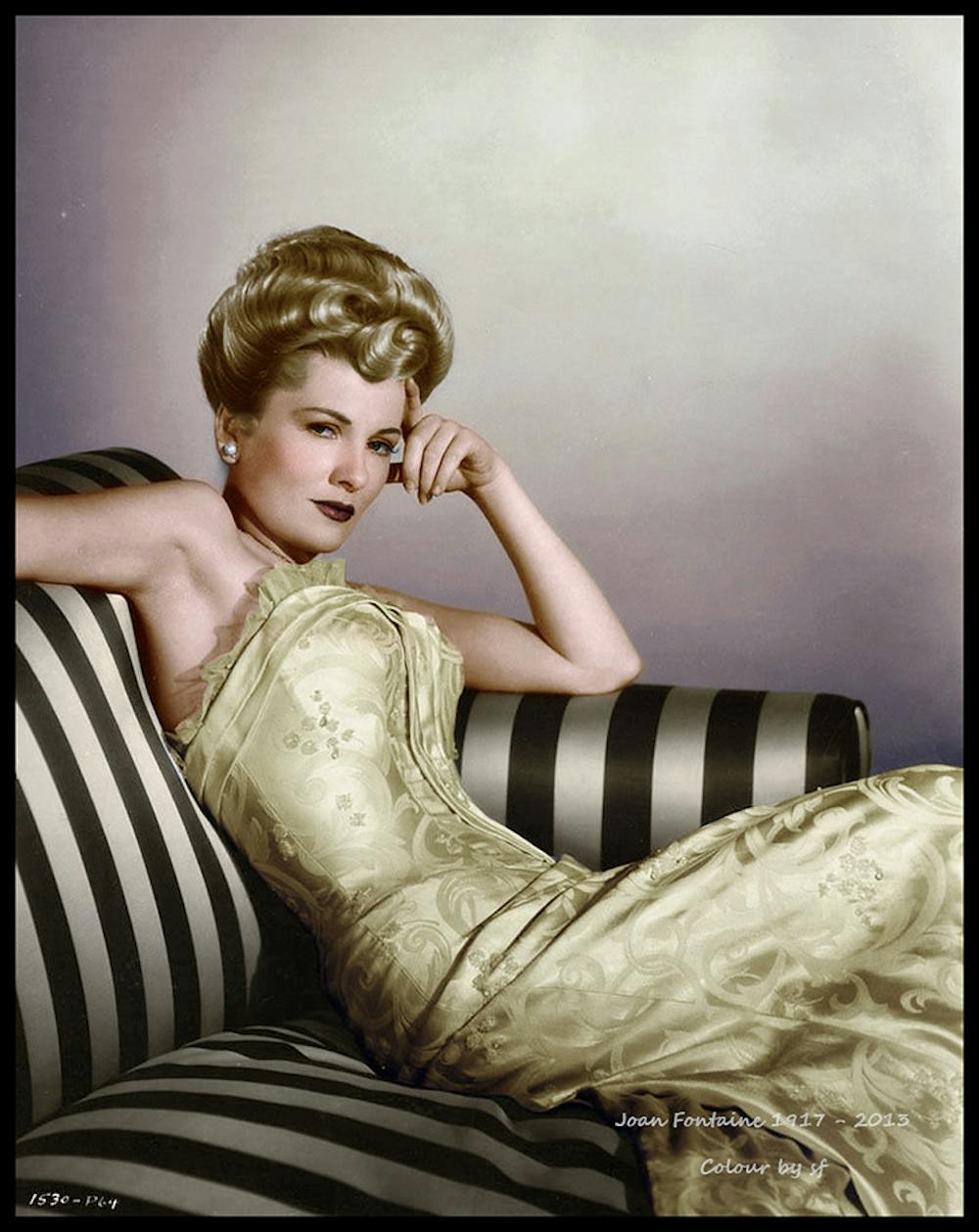At first glance, Netflix’s Rebecca looks promising. It has extravagant settings, enticing suspense and a sweeping romance. Surely, the colorful French Riviera and rugged English countryside seem like welcome escapes from quarantine life. The movie has a stylish, modern look, not to mention star power. Starring as the titular characters Mrs. de Winter and Maxim de Winter are Lily James and Armie Hammer, and brought in to direct is Ben Wheatley (High-Rise, Kill List).
But Rebecca has some big shoes to fill. It’s not only an adaptation of the 1938 novel by Dame Daphne du Maurier but also a remake of Alfred Hitchcock’s iconic 1940 film of the same name. Iconic, in this case, meaning nominated for 11 Academy Awards and winner of Best Picture. Hammer plays the role once brought to life by Laurence Olivier and James the role once inhabited by Joan Fontaine. It’s a Netflix vs. Golden Age of Hollywood showdown.
The premise is deceivingly simple: An unnamed young woman falls in love with the rich, elusive Englishman Maxim de Winter while he’s vacationing in Monte Carlo. The film begins with the future Mrs. de Winter as a lady’s companion in Monte Carlo, under the employ of the haughty Mrs. Van Hopper (Ann Dowd). A chance encounter soon leads de Winter to befriend her, and though recently widowed, he soon proposes to the young woman and brings her to Manderley, his regal, castle-like estate.
There, the new Mrs. de Winter faces the difficulties of an entirely unfamiliar lifestyle, as well as the cruelty of Manderley’s head housekeeper, Mrs. Danvers (Kristin Scott Thomas). All the while, whispers swirl about Maxim’s late first wife Rebecca, who casts a constant shadow over her new life and newfound happiness.
Rebecca hits all these plot points with ease, but does so without the substance and soul that makes this classic story so compelling. Though suitably naive and inelegant, Mrs. de Winter’s supposedly spirited personality doesn’t quite come alive onscreen; James’ portrayal of her feels tired and unremarkable. Hammer’s Maxim de Winter is a bit more convincing, giving off a sufficiently palpable aura of mystery and privilege.
What begins as a friendship morphs rather suddenly — in the course of just one scene — into a romance. But like everything else so far, the whirlwind, passionate nature of the romance is depicted in moderation, and the chemistry between James and Hammer is simply not quite there. Instead of feeling romantic, Maxim’s eventual on-the-spot proposal seems baffling at worst and illogical at best. Their relationship isn’t presented with much of a basis in reality, and the superficial series of events that first set it in motion continues to drive their connection for the rest of the film.
As we shift away from the sunny skies of Monaco to the imposing Manderley, the genre abruptly shifts too, into something distinctly supernatural. The newlyweds spend remarkably little time together, and Mrs. de Winter is unceremoniously thrust into a twisted competition with the deceased Rebecca, apparently beloved by all who knew her. Rebecca’s monogrammed belongings are almost purposefully scattered around the manor, and thanks to Mrs. Danvers, her bedroom remains immaculately maintained as if she were still alive.
Undoubtedly, Wheatley has taken great pains to paint Rebecca as an omnipresent apparition, and with strong hints pointing to her posthumous revenge, he lets the tension build to a breaking point. Her name is on everyone’s lips, and if it wasn’t clear enough, the frenzied, surreal scene with partygoers chanting “Rebecca! Rebecca!” reinforces it further.
Only the expected climax never comes. Instead, Rebecca leaves its supernatural happenings blatantly unexplained, veering straight into the last thing one would expect: a courtroom drama.
With this, Mr. and Mrs. de Winter’s previously deteriorating relationship inexplicably rights itself back up, and she loyally defends him against possible charges. By now all hope is lost that Rebecca will provide some logical closure to its half-explored ideas. In fact, the third act of the film only pokes more holes into an already inconsistent plot, and we begin to lose sense of the characters’ identities. The obviously sped-up pace doesn’t help its case; it feels like a film desperate to rush to the end before anyone starts thinking too hard about what’s happened.
All in all, Rebecca can’t quite decide what it wants to be: romantic comedy, supernatural thriller or legal drama. Ultimately, it ends up being a lackluster blend of nothing in particular. Even without a comparison to its classic predecessor, the film is a messy sequence of events, dotted with flat and one-dimensional characters. And with the comparison — Well, you get the idea.
Granted, at the end of the day, it can still pass as entertaining and at times enjoyable. And it certainly is visually appealing. But even if you’re willing to overlook some of its flaws, it might be tough not to wonder if your two hours could be better spent elsewhere.
This matchup goes to the Golden Age, hands down.

















